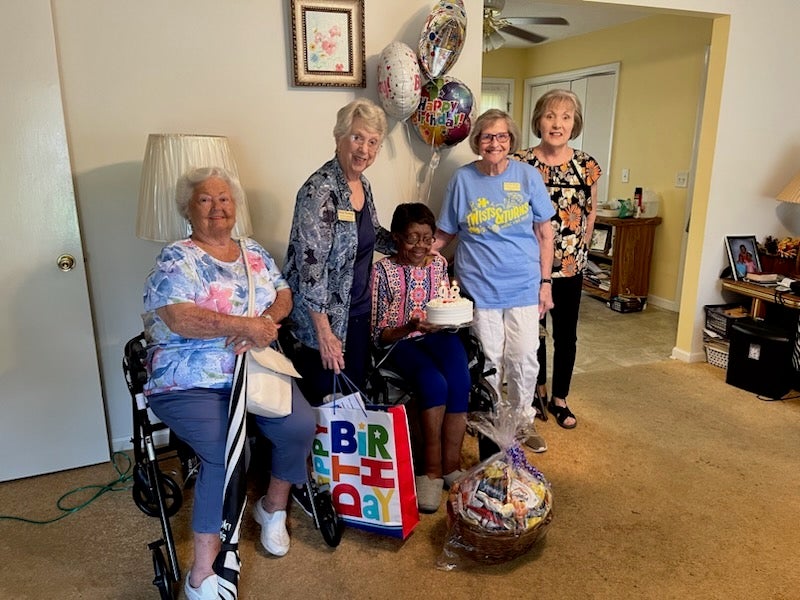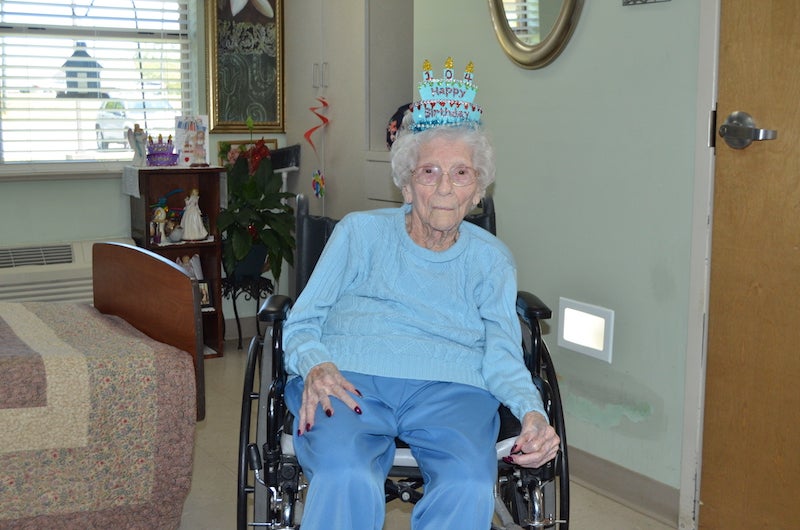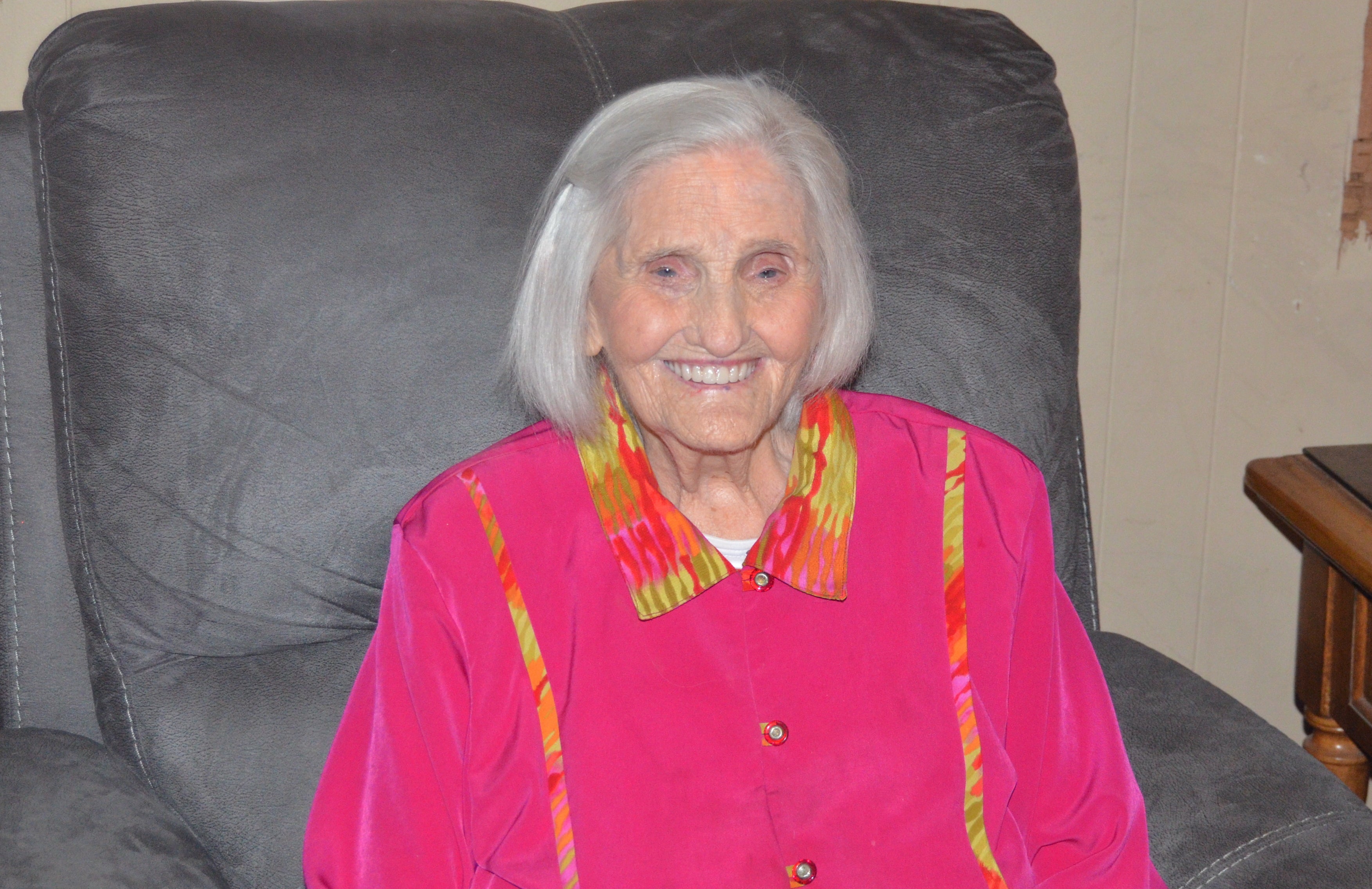Clanton man survives with help of heart pump
Published 2:02 pm Tuesday, August 3, 2010
Bud Esposite of Clanton has to carry around an extra 27 and a half pounds every day. Seven and a half pounds account for his heart pump and the two battery packs he must wear over his shoulders; the other 20 pounds are from the four extra sets of batteries he carries in his bag.
He also cannot do certain routine activities — such as mowing the lawn, swimming, or walking through a metal detector — because of the heart pump’s sensitivity.
Then there’s the everyday curiosity of passers by.
“I get a lot of weird looks,” Esposite said. “I just look at them and say, ‘If you only knew.'”
That’s just a taste of life with a heart pump — the bulky but lifesaving device that helps Esposite keep his independence, at least to some degree.
Esposite, now 53, has congestive heart failure, the symptoms of which started showing up in 2001. At age 44 he began to experience dizziness, blackouts, weakness and difficulty breathing.
“I was working at Ace Hardware,” he recalled. “I was standing there one day helping somebody and I just blacked out completely.”
Esposite believes he had a minor heart attack, but he does not know when. He got a pacemaker and defibrillator in 2002 and was placed on the heart pump in August 2006.
The pump he has now is the second one he has used. Wearing one requires a lengthy surgical procedure because the actual pump, located inside the body, must be connected to a controller worn along the waist. Esposite said the surgery took about 12 hours.
“Getting the second pump was a little worse than the first because it took longer to get used to,” he said.
The pump takes blood from the left side of the heart and pumps it back through, regulating the flow of blood throughout the body while keeping swelling in check. It’s basically his lifeline.
“Along with medication — lots of medications,” Esposite said.
His daily routine also includes blood pressure checks, temperature checks, and regular changes of the sterilized bandage that covers the wire’s exit point in the abdomen. Batteries in the device must be changed and recharged every three hours. A series of lights on the controller indicates how much charge is left in the batteries.
At night, he hooks up to a power-based unit that keeps the batteries charged while he sleeps. Should the power fail, he has a battery backup.
The batteries are also very sensitive, especially to temperature. For this reason, Esposite must be careful outdoors.
“The heat outside will ruin the batteries, and the cold will affect them too,” he said. “When the temperature gets low enough, I’ll do some walking.”
He goes to UAB once a month for regular blood tests and checkups to see how well the pump is working. Each hospital visit lasts between three and four hours, he said.
There is always the possibility of an emergency, which means Esposite must have family members trained to know what to do at a moment’s notice. His wife, Lori, and two sons are always on standby.
Once, in January 2008, as Esposite sat at home alone, he got a scare when the pump stopped working. He hit his lifeline button and called the hospital while simultaneously hand-pumping the device. Fortunately, the paramedic who arrived was familiar with heart pumps.
“I was lucky,” Esposite said.
Another time, a security officer ran his bag through a metal detector and it ruined all the equipment in the bag, which had to be replaced.
Despite the occasional setback, Esposite is thankful for his lengthened life and those who helped make it possible. He wished to thank his family, doctors, cardiologists, church pastors, fellow members of Clanton First United Methodist Church and all who have visited, transported him to the doctor or encouraged him.
“They’ve helped me pull through this and gave me a second chance to go on living,” he said.
While there are waiting lists full of people needing a heart transplant, Esposite is thankful to not be on one of those lists at the present time.
“Right now my doctor says I’m doing well enough on the pump that I’m not considered a must that I have to have a transplant,” he said.






